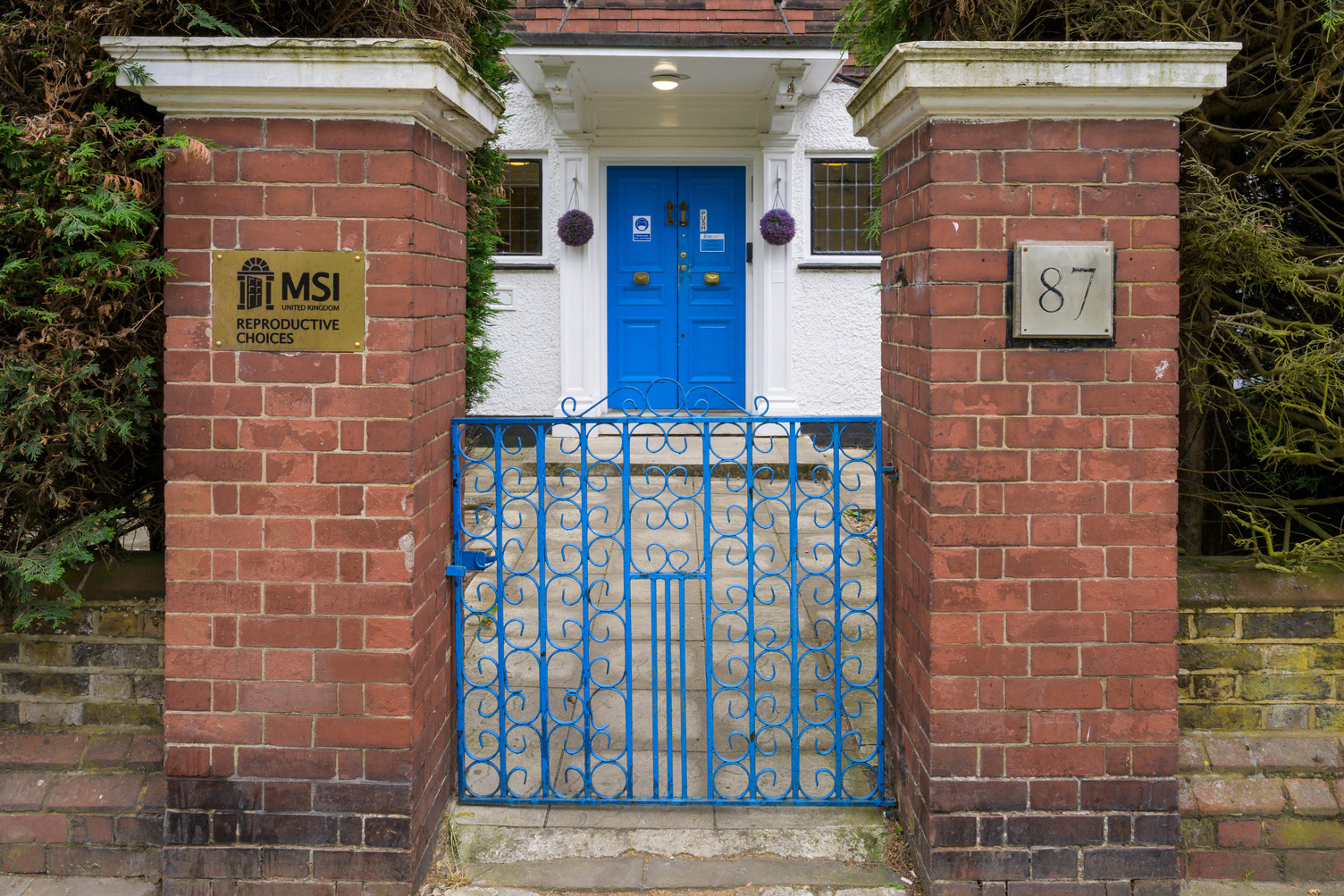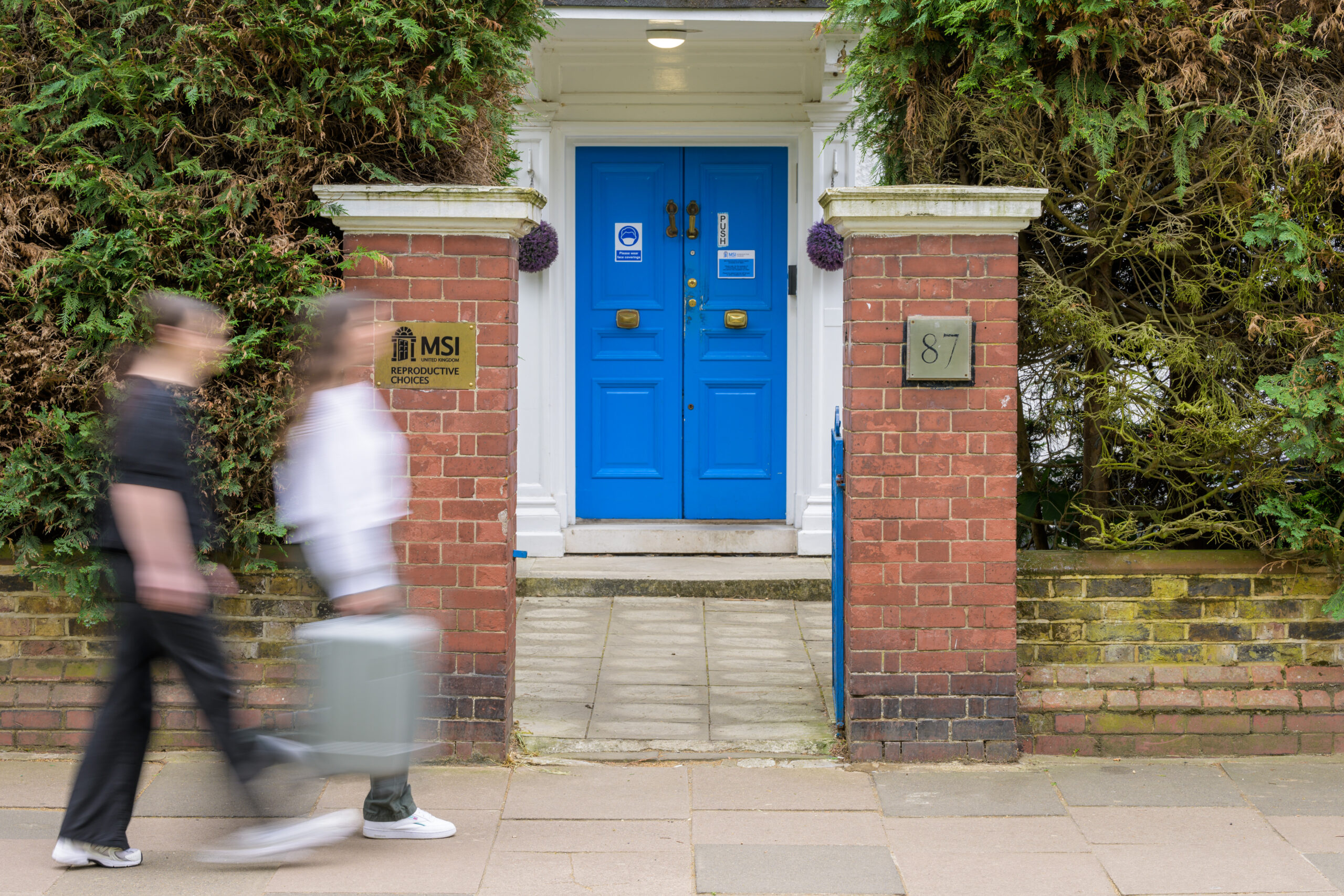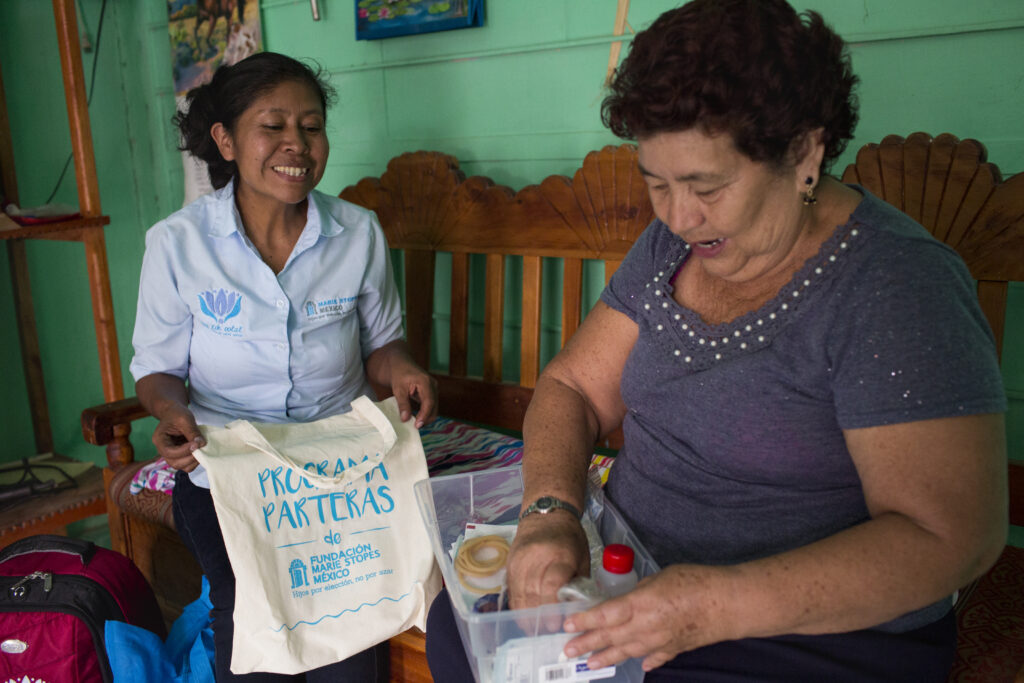
Simon Cooke, MSI CEO —
I was recently in Mexico to spend time with our team, discuss business planning, and join the celebration of 25 years of our programme: Fundación MSI Mexico.
The energy was incredible. 150 people travelled from across the country to Cuernavaca for the anniversary, and I met passionate and outspoken MSI team members who are activists through-and-through and driven to expand abortion as far as possible.
It was an opportunity for a party (long into the night, in typical Latin American fashion) and for reflecting on how abortion rights and our programme have evolved since 1999—when MSI first opened its blue doors in Mexico. We were pioneers of reproductive rights with our brand new centre offering contraception in the Chiapas region.
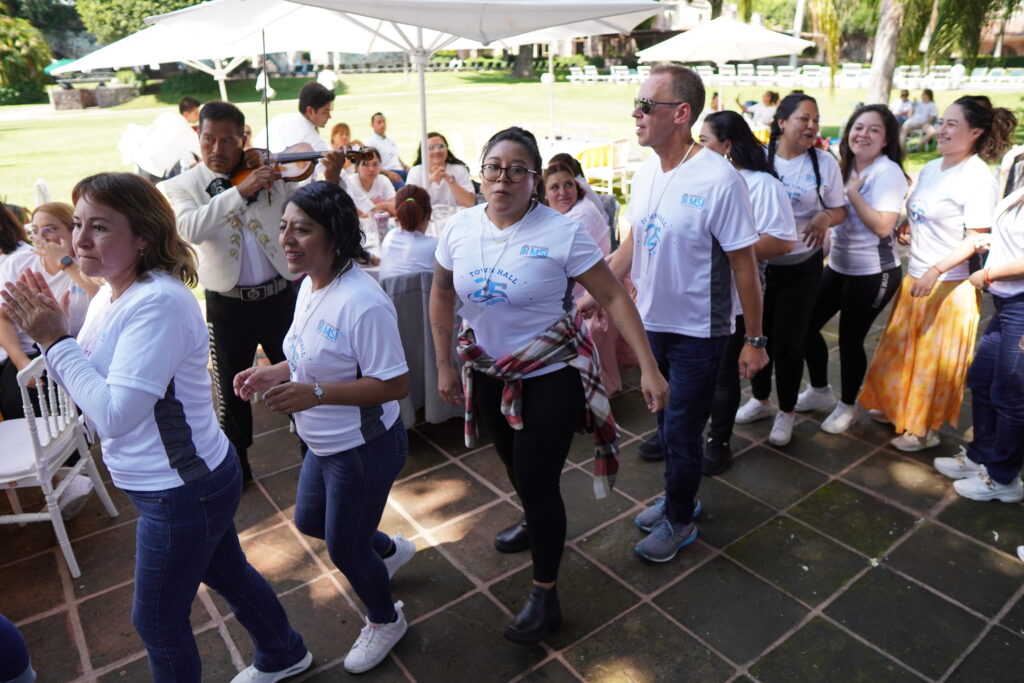
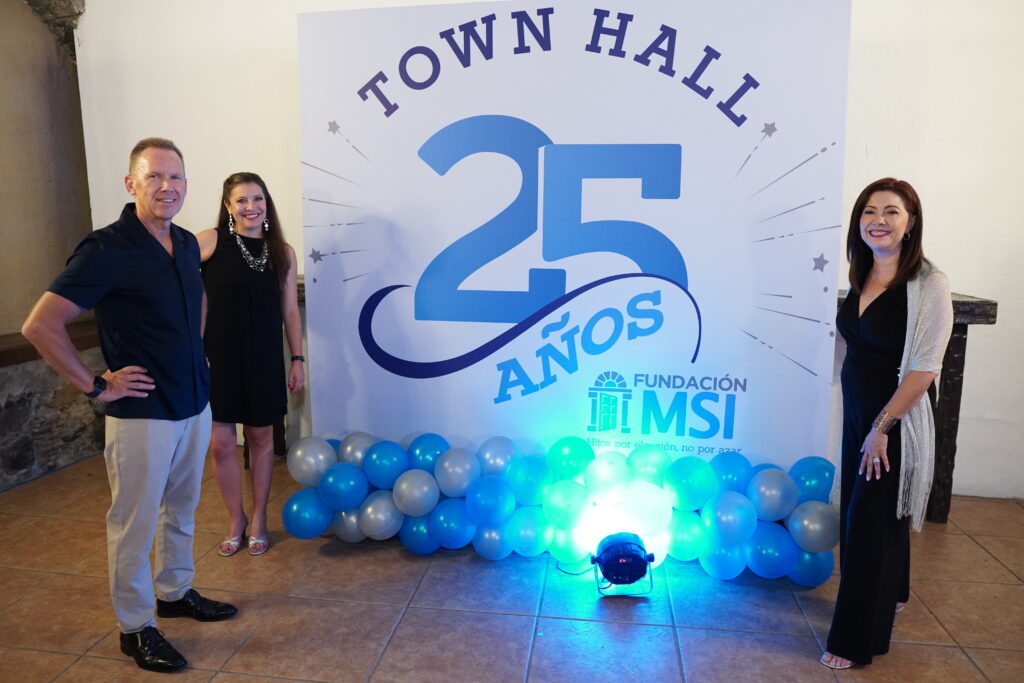
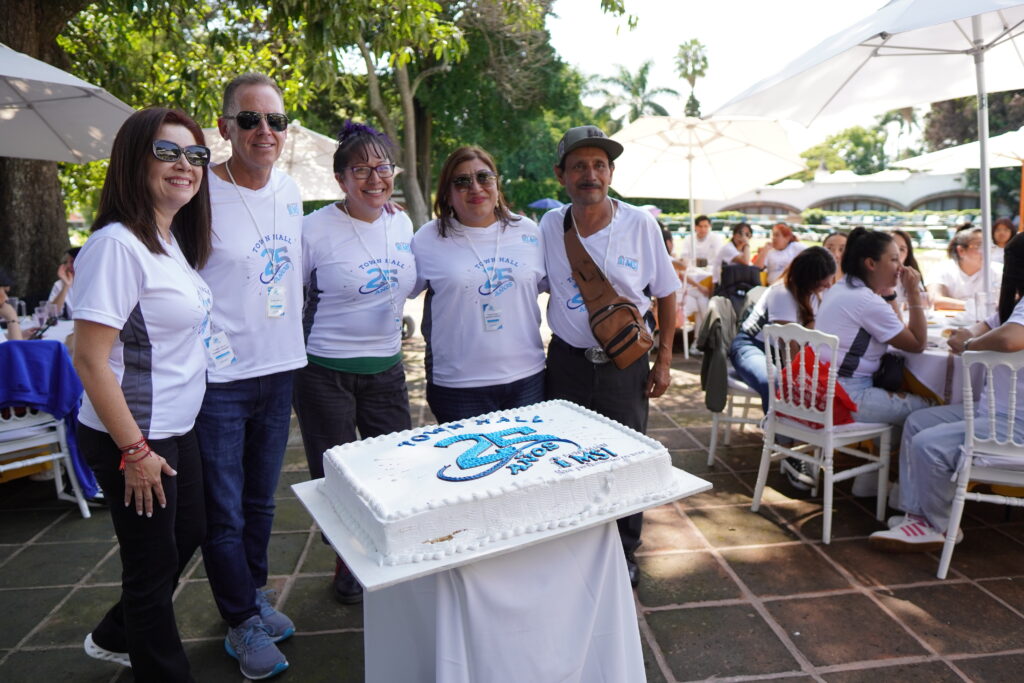
The move towards abortion decriminalisation didn’t happen until eight years later. In 2007, Mexico City passed the country’s first abortion decriminalisation law, and we quickly moved to offer high-quality abortion care there.
Over the next decade, progress for women’s rights across Latin America stalled. Women were experiencing sickening rates of male violence and being denied their reproductive rights. More than a million activists took to the streets in Argentina wearing green scarves to support abortion legalisation. The green scarf became a symbol, and a strong movement for women’s rights spread across Latin America, including through Mexico, in a green wave.
These mass protests and campaigns pushed forward progress on women’s autonomy and rights. And in 2021, the Mexican Supreme Court of Justice thankfully deviated from their US neighbours and voted unanimously to remove abortion from the criminal code. This was a big deal. But ultimately, Mexican states still have the power to make abortion accessible or not.
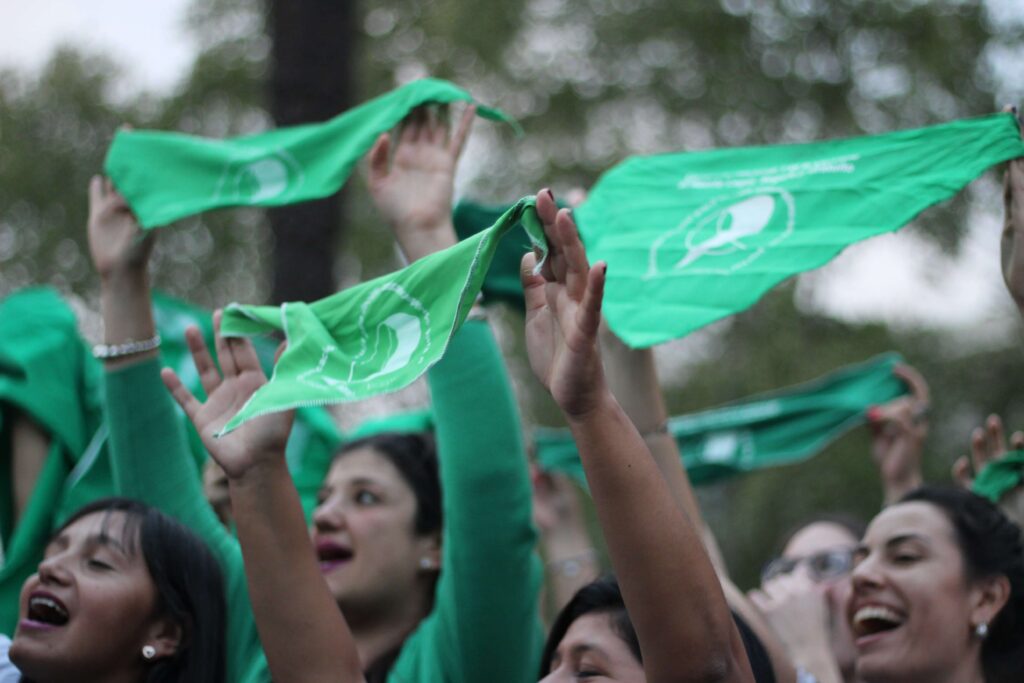
One by one, we’ve seen Mexican states steadily decriminalising abortion. And with each announcement, MSI moves to expand abortion care into new states to reach as many women as possible with the care and choices they deserve. It was during my visit that we heard the news: Puebla became the 14th of 32 states to decriminalise abortion. The excitement was palpable. The planning for expanding our abortion care into the state is already underway. No time to lose.
When states make abortion legal, it doesn’t mean that women suddenly have access to abortion care. Most public hospitals lack the trained providers and medical supplies to provide abortion. For medical abortion, women need a prescription from a private gynaecologist that many can’t afford. Organisations like MSI have to work extremely hard to make abortion a reality in these places, facing extraordinary challenges like safety concerns, extortion, deeply entrenched stigma in a predominantly catholic country, not to mention logistical and financial obstacles.
But spending time with MSI Mexico’s outstanding team, talking through their vision, and seeing their expanded programme has instilled in me a deep confidence that Mexico will continue to ride the green wave and expand these life-changing services. And having recently elected a woman president for the first time, the rights of women and girls in Mexico are at the forefront.
Araceli, our Latin America Director, said to me that when she started at MSI just over 9 years ago, she had no idea we would be providing services outside of Mexico City. But now our network of 11 centres across the country is delivering abortion care both to Mexican women and people travelling across the border from the US.
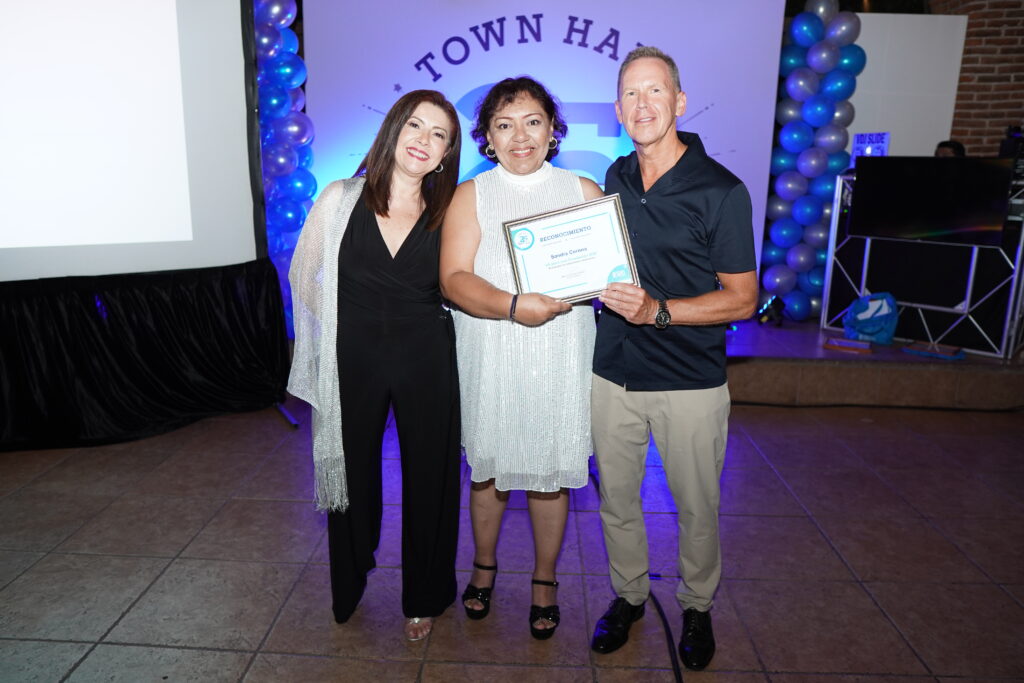
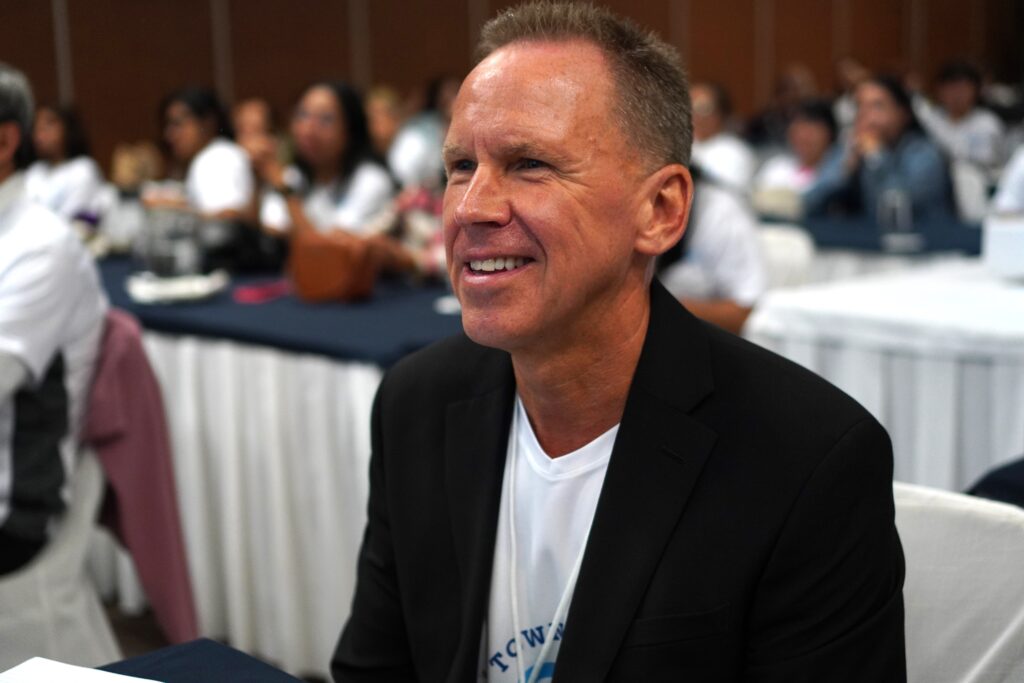
Beyond our centres, Mexico is a perfect example of MSI’s social business model, successfully using revenue from our centres combined with donor funding to expand reproductive choice further. There’s a business side of MSI Mexico delivering sustainable services, working in tandem with an activist-led educational side, and both are equally effective in their own ways.
Fundación MSI Mexico has built a network of more than 600 health promotors and midwives who speak local dialects in vulnerable and remote areas, providing highly subsidised or free medical abortion and contraception.
One client told my colleague:
“Ten years ago, a midwife from Fundación MSI came to our community deep in the canyon and provided us with information on how to take care of ourselves when we decide not to have children. When my 13-year-old daughter Alicia told me she was pregnant, I immediately borrowed money to bring her to MSI. If it wasn’t you, who else was going to help her?”
We’re working with partners to support women through their abortion journeys. And our educational programme ‘Sex education for all’ is training youth, parents, educators, and public officials to bust stigma and build support for change.
What’s clear from my reflections on 25 years of this programme and my recent visit is this: MSI Mexico is just getting started.






